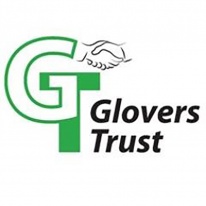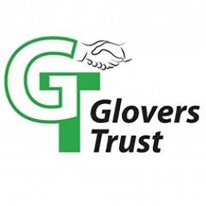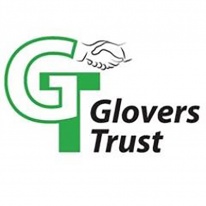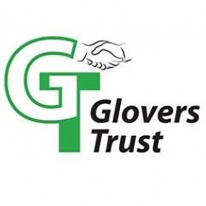Robert Stone & Co: When to turn your business into a limited company

ILMINSTER chartered accountant Robert Stone has posed the question as to whether entrepreneurs and traders should turn their business into a limited company.
Most of Mr Stone’s clients run their businesses as sole traders or partnerships, but increasingly when he carries out their yearly review he often finds himself suggesting that they should think about transferring into a limited company.
“We always take a lot of care in deciding whether this is right on a case by case basis, as although there are usually some very obvious advantages, there can also be disadvantages,” he said.
The main advantages are:
Limited liability – protecting the owners from financial risk (sometimes negated by the requirement to give banks or suppliers personal guarantees).
Tax savings – a sole trader with profits of £35,000 can save over £2100 in tax and NI by converting to a limited company.
Credibility with potential customers.
Control of timing and distribution of income, which can be especially useful for higher rate taxpayers.
Passing the family business on to the next generation in controlled stages.
These seem to make the decision to incorporate obvious in many cases, but there are also potentially disadvantages:
Additional time and costs of complying with company law, accounting and tax rules.
The cost of transferring the business – both in terms of professional costs and possible tax charges, and in time spent notifying the bank, HMRC, suppliers, customers etc.
The requirement to send accounts to Companies House, which are then available for the public to see (although most clients are surprised at how limited this information is).
Possible tax and NI charges on company cars used by the owners - but with planning this can in most cases be avoided.
Some businesses, such as contractors and consultants may find tax charges actually increasing if they fall foul of the HMRC personal service company rules.
Mr Stone added: “A careful review of the pros and cons in each case will ensure that incorporation is only undertaken when the benefits outweigh the disadvantages.”
Robert Stone is available to discuss any aspect of business or taxation. He can be contacted on 01460 55661 or emailed at robert@robert-stone.co.uk.
Alternatively – click on his logo/advert on the right-hand side of this website for further information. Remember to please mention the Yeovil Press when you speak with Robert Stone & Co.
Tags:
Market Place.
Recent Posts
 BUSINESS: Are you a small business and need help with accounts?
BUSINESS: Are you a small business and need help with accounts? BUSINESS: British Heart Foundation receives support of business group
BUSINESS: British Heart Foundation receives support of business group BUSINESS: Red Berry Recruitment gets support from Theo Paphitis
BUSINESS: Red Berry Recruitment gets support from Theo Paphitis BUSINESS: Old Mill trainee Lloyd Bazley nominated in Somerset Apprenticeship Awards
BUSINESS: Old Mill trainee Lloyd Bazley nominated in Somerset Apprenticeship Awards BUSINESS: Calling all contractors – help is at hand!
BUSINESS: Calling all contractors – help is at hand! BUSINESS: Raymond van Barneveld is on target with Triton tools
BUSINESS: Raymond van Barneveld is on target with Triton tools BUSINESS: Boswells Café to open soon at Quedam
BUSINESS: Boswells Café to open soon at Quedam JOBS: Yee-Hah! Full-time manager needed at new Texas Rocks restaurant
JOBS: Yee-Hah! Full-time manager needed at new Texas Rocks restaurant BUSINESS: Newton House Gin wins GOLD at the 2018 World Gin Awards
BUSINESS: Newton House Gin wins GOLD at the 2018 World Gin Awards BUSINESS: 24-hour Anytime Fitness club to open in Quedam Centre
BUSINESS: 24-hour Anytime Fitness club to open in Quedam Centre BUSINESS: Top award for recruitment firm boss
BUSINESS: Top award for recruitment firm boss BUSINESS: Red Berry Recruitment celebrates nine nominations in tenth anniversary year
BUSINESS: Red Berry Recruitment celebrates nine nominations in tenth anniversary year BUSINESS: Launch of Nostara – a new luxury home fragrance brand
BUSINESS: Launch of Nostara – a new luxury home fragrance brand BUSINESS: Somerset Business Show at Westland Yeovil
BUSINESS: Somerset Business Show at Westland Yeovil BUSINESS: Last of the Summer Lunch with Yeovil Chamber
BUSINESS: Last of the Summer Lunch with Yeovil Chamber

















